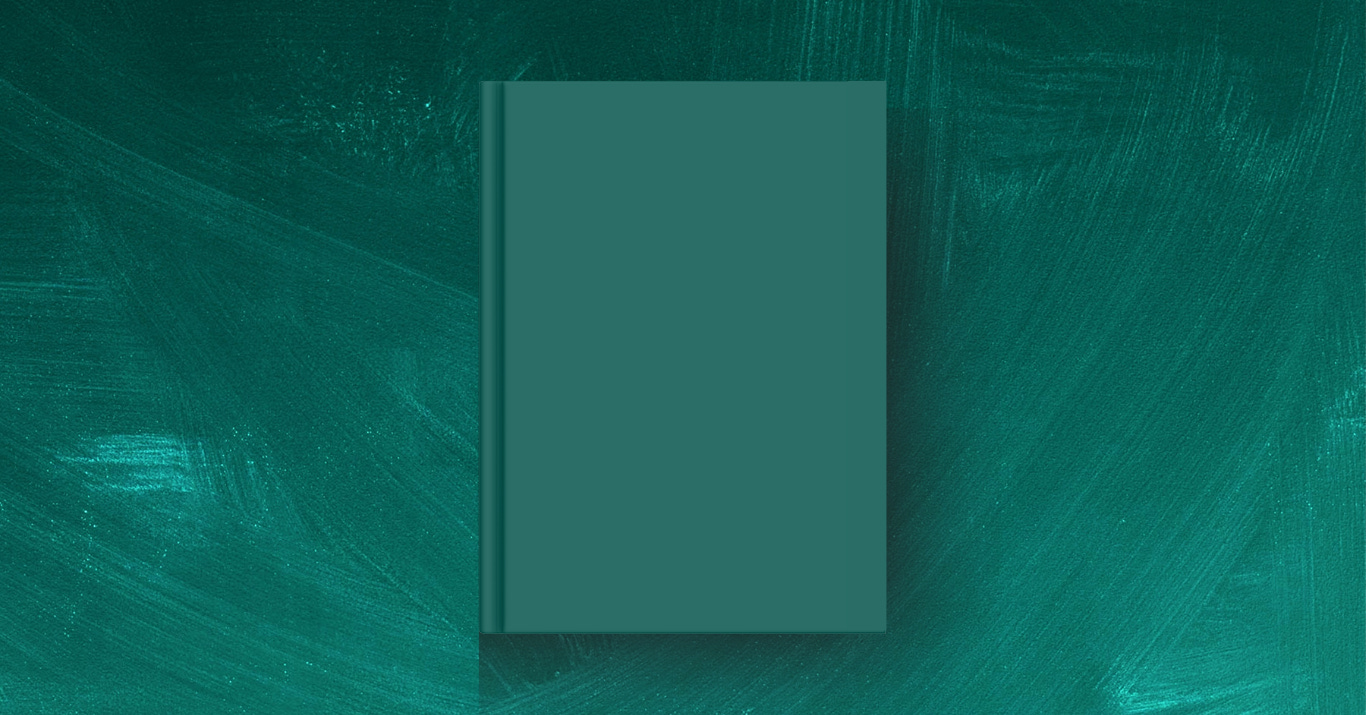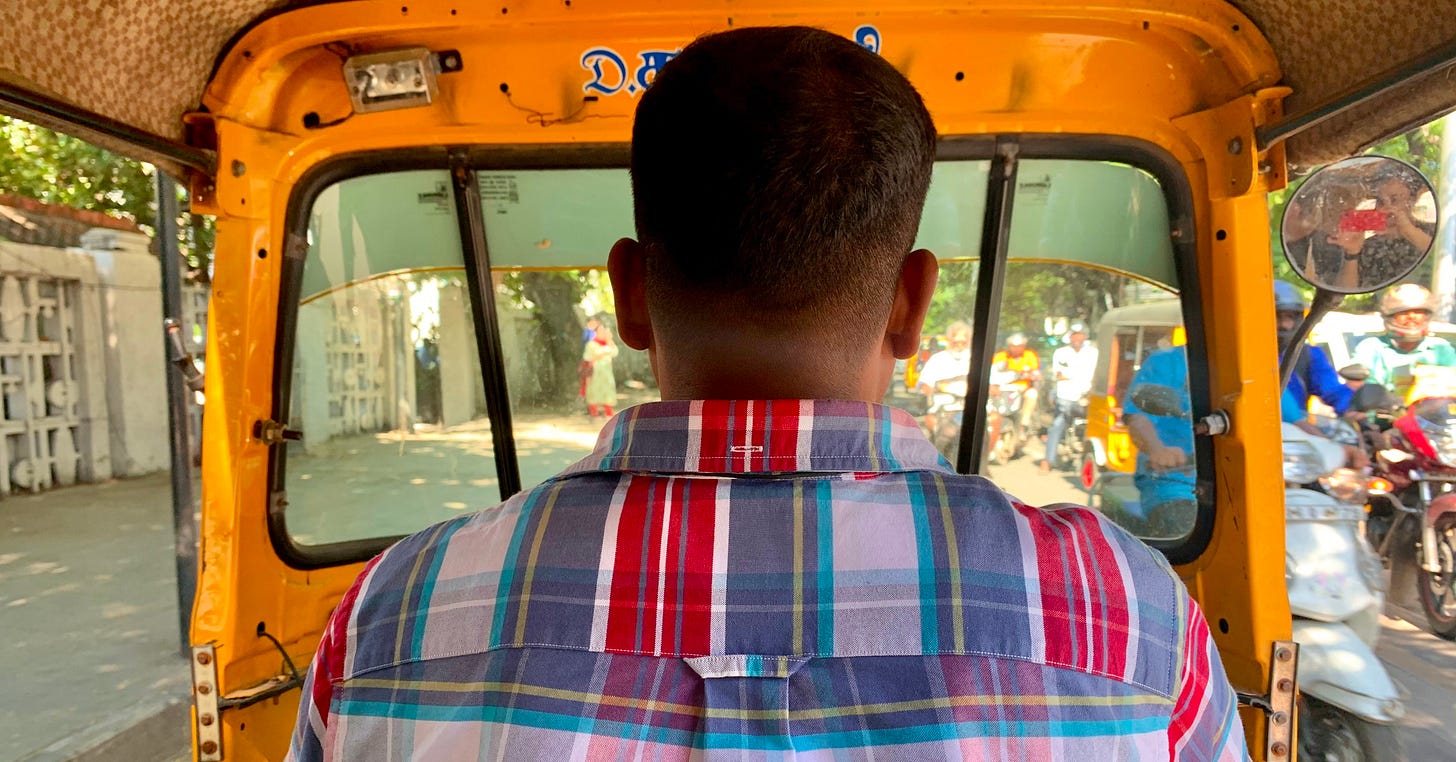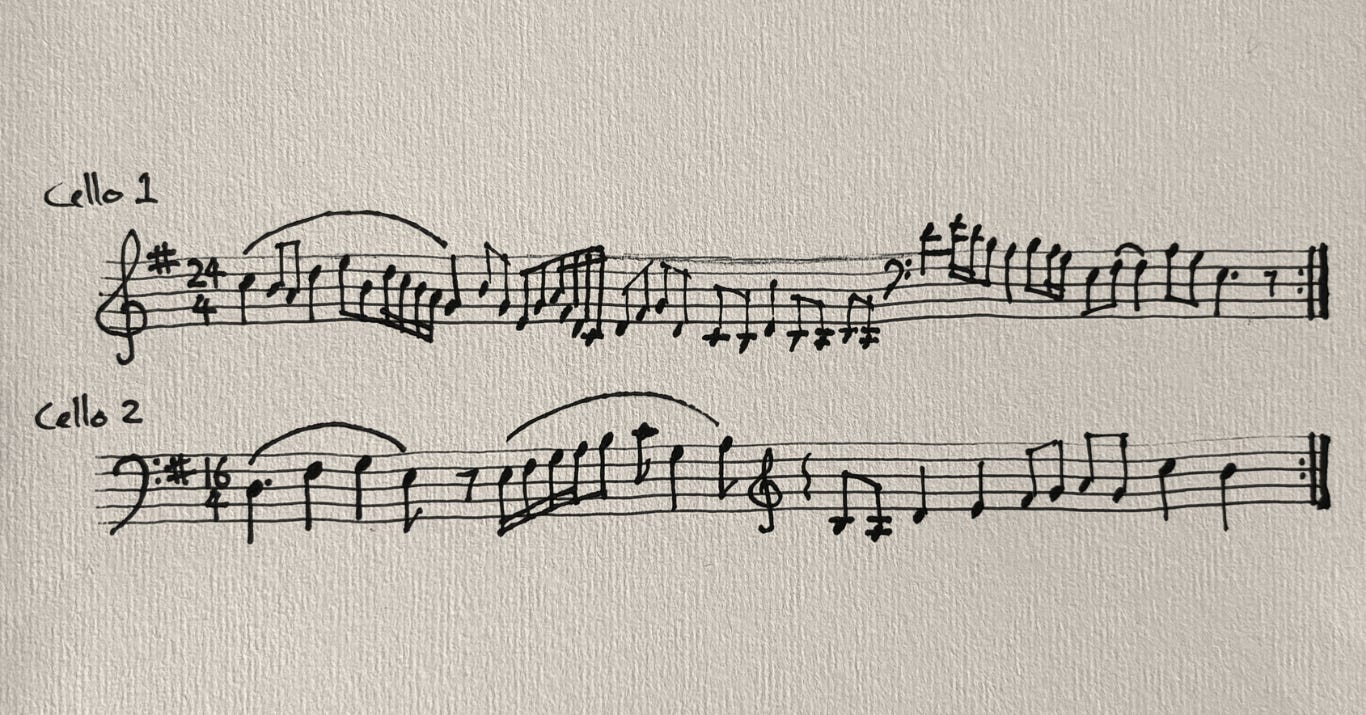New project: A Revolution in Time
The Liner Notes will focus on an exciting project for a year.
Does music shape our reality? This is a question I have reflected on for many years. The past suggests music is powerful. In prehistoric times our ancestors gathered in icy caves to create music in an inhospitable world, expending valuable energy that demonstrated music, far from being mere entertainment, was an essential tool for survival. Perhaps music was a microcosm through which ideas and feelings could be expressed, refined, and memorised; a safe way to experience and test different realities collectively; a peaceful method for exploring the harmonies and discords within a society.
Over the last 15 years I have been deeply interested in the temporal dimension of music, rhythm, and how it shapes our reality. Raised in the Western musical tradition, I sensed early in life that something significant was missing from our understanding of rhythm. In search of answers, I studied South Indian classical music in London and Chennai. Within this tradition I encountered a meticulous, beautiful, and systematic approach to the teaching and understanding of rhythm. I knew, however, that crudely transplanting its ideas into Western music was pointless, but I wondered if its insights could catalyse a new approach to rhythm in the West.
This is the focus of a new project I am launching this week: A Revolution in Time. It will take the form of a series of regular articles serialising a book that will be written over a year or so. The book will explore why Western classical music did not develop a complex system for rhythm, recount my experiences within the Indian diaspora in London and the musical metropolis of Chennai, and clearly describe important rhythmic ideas. In addition to the book, I will slowly release music from an extended series of instrumental compositions written shortly after my return from India. These compositions explore time in an unconventional manner, inspired by the intricate system of South Indian Carnatic music.
Here is a short excerpt from the Introduction to the book.
Our hearts beat, lungs breathe, thoughts cycle. We are rhythm. Were these to stop for just a moment, our lives could end abruptly. Our planet’s simple, elliptical revolution around the sun gives rise to the beauty and complexity of spring, summer, autumn, and winter - the inspiration for a million poets and painters. From the subatomic to the astronomical, all is in motion.
Rhythm gives language to time’s flow; its words are events that can be ordered through regular patterns or chaotic pulsations. We have an instinct for rhythm, expressing it physically through music and dance, and across space through art and architecture. We are drawn to rhythm, we celebrate it, live surrounded by it, and yet, something is missing.
You can also listen to a small segment from one of the compositions, written for a cello duet.
I intend to write fortnightly, exclusively on Substack. The plan is to publish a physical book and release a series of compositions: the fruit of a decade studying South Indian Classical music. There will be a small fee for those who wish to receive the entire project. This helps me to write, research, and compose independently, at a time when social media and AI increasingly devalue music. However, you can also follow the project for free and receive some of the articles and music that way. I am also happy to provide discounts or exemptions to those who need them.
To anyone who takes out a year membership, or completes 12 months on a monthly membership, you will receive a physical book and an ebook when completed. You will be able to comment on the articles and have access to an ongoing digital notepad, where I will document research, additional notes, and other oddities that might not fit into the book but are relevant to the subject. You will also get digital versions of all the scores for the compositions.
If you are an existing paid subscriber, you will get all of the above as a thank you for supporting my work. For the invaluable support given by Founding Members, whose generosity liberates me to work with freedom, your name will be added to the list of acknowledgements section in the book as a way to show my gratitude.
I hope you find inspiration in this new project! Thank you for your ongoing support and interest.






This is a fascinating subject and I look forward to reading more! Carnatic rhythm is but one of the world’s approaches but certainly one of the most vital. Bravo for this initiative.